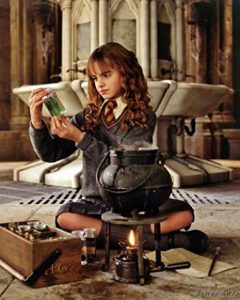
From Hannah: Like a large majority of nineties kids, I have a fondness for Harry Potter. I can’t tell you how many times I’ve read the original series because I’ve revisited them so many times (but I’ve only read Cursed Child once). Honestly, I prefer the Fantastic Beast movies to the Harry Potter series. The best part of my trip to Orlando was going to Harry Potter World and drinking a butterbeer. A lot of you probably have similar experiences, the preference for the adventures of Newt Scamander on screen aside.
I’ve been thinking about J.K. Rowling’s Wizarding World a lot — what its values are, who can be a hero, who or what it excludes. Katya, as well as several of our other friends, have joined me in questioning what actually are the “politics” of Harry Potter.
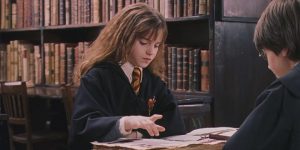
When I initially read the books, for instance, I was enlivened by the critiques of governmentality (see Umbridge, Fudge, and even Percy Weasley). As a girl with somewhat unmanageable curly hair and love of school, Hermione Granger felt like a character that was written for me. I appreciated the class dynamics that underlined the struggle between the Weasleys and the Malfoys. And the magic was cool too.
Now, I think about how conservative and insular the Wizarding World seems to be. Hermione’s creation of S.P.E.W. and her other ideas to reform a world run by people like Umbridge and Fudge are looked on with derision — not just by jerks like Draco Malfoy but by heroes. (Not to mention the fact that she ends up with someone who never seems to appreciate her and if you read Cursed Child you realize never grows up.) In fact, I think part of the reason why I like Fantastic Beasts is that it’s more upfront about how messed up the Wizarding World is.
I know we have a lot of say about how Rowling’s world tackles race, gender, sexuality, and class (and there’s some great scholarship on this too). But I would like to hear from you. What are your experiences with reading or watching Harry Potter? Did you see these books in a positive light or did you find them to have a darker side?
This is hopefully the first of a series that looks back at “older” popular objects. We want to think about what values they hold as well as why they remain staples. In addition to your thoughts on Harry Potter, please feel free to make suggestions for future shows.

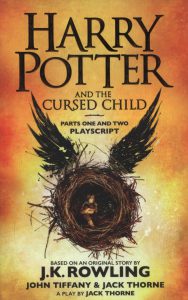
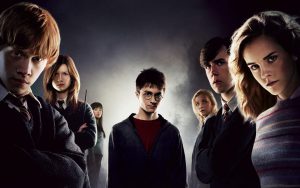

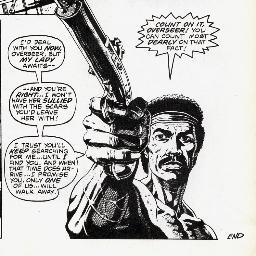

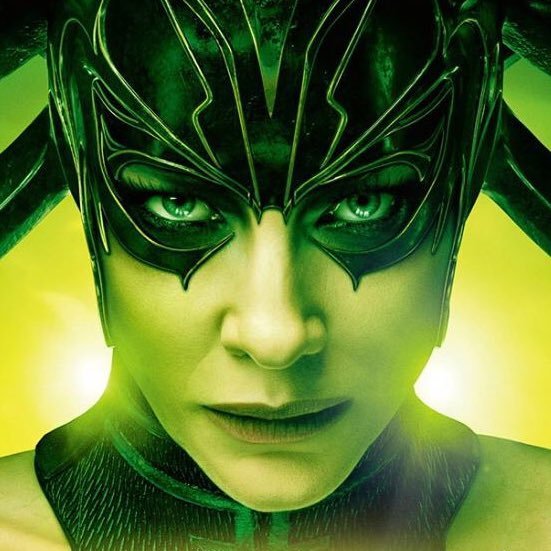



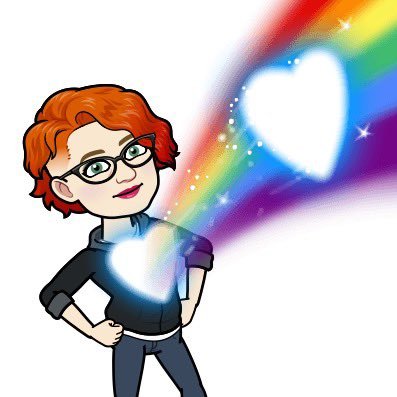



The conservatism even extends to the adoption of technology. They make excuses about interference with electricity, but they could have moved to typewriters instead of quills, and they manage to move up to radios, but not television or video games. Arthur Weasley is viewed as nearly heretical for his interests in more modern technology.
It’s odd how insular that is when the magic folk consider themselves hiding among the modern culture, but so ardently resist even a basic understanding of what is around them. I mean even cultures that eschew the modern, like the Amish, are typically aware to some degree of what is outside their realm of participation.
I really tried to get into them when I was younger but I couldn’t get into the world that was created. It seemed like there were no rules and everything happened because “wizards.” My choice to avoid it was later solidified by seeing the representation of “goblins” at the bank in the first movie (its like they looked at WW2 anti-Semitic propaganda and said, “Ya! That looks good!”). Sorry if this is a bad take on it, I don’t want to ruin the fun for anyone but it just didn’t do it for me ?
Lindsay Benkel I was definitely planning on talking about this very thing about the Goblins … and many other people have said something very similar in critiques of the books/movies.